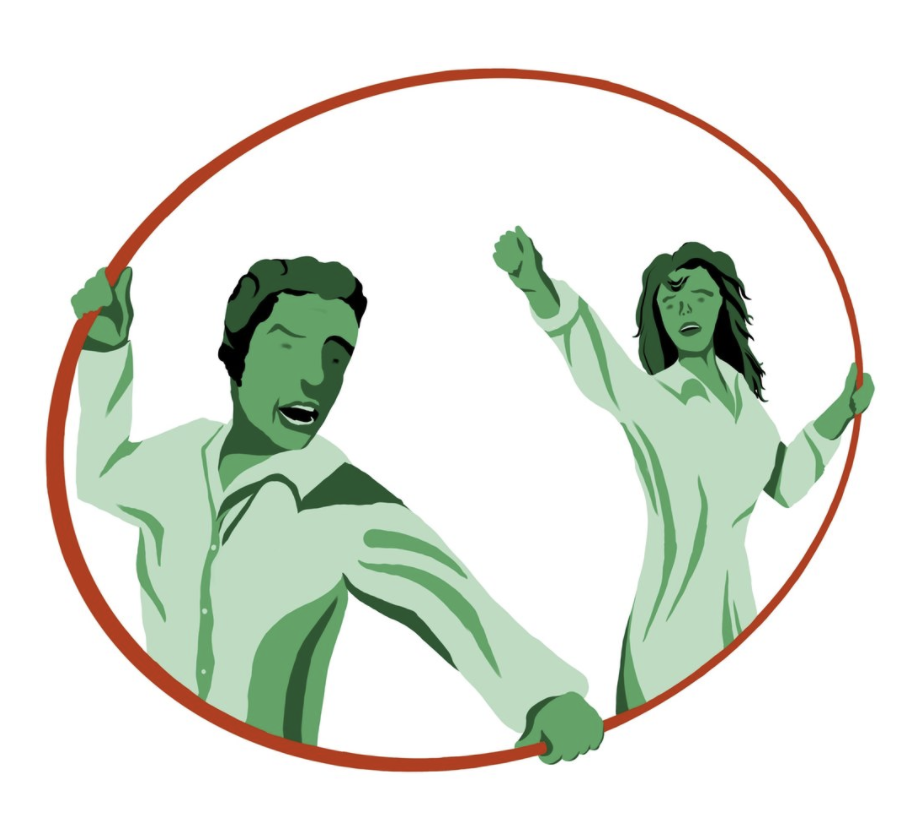Volume 1, issue 1
Wolves & Courtesans: The Soft Power of Turkish TV
Sude Almus
Turkish television shows, often referred to as “dramas” or “series,” have gained immense popularity since the 2000s. In the last decade, “Turkish TV series have become a main player in the international TV industry…
The Violent Cycle of ‘modernity’ in Algeria since 1830
Giacomo McCarthy
Recently, the French Conseil d’Etat — the French supreme court of administrative justice — upheld a decision from a lower court in 2016 to withhold citizenship from an Algerian spouse of a French citizen because she was unwilling to shake the hand…
Interpreting political cartoons in the twilight of the ottoman empire
Bryan Rusch
The Ottoman Empire was familiar with the dangers of nationalism at the onset of the First World War. At the heart of the Empire, the Turks of Anatolia had established their own brand of nationalism following the 1908 Revolution…
The Role of Syrian Children in REvolutionary Theater
Natasha Rothenbucher
Syrian writer Sa’dallah Wannous wrote many plays that metaphorically critiqued former Syrian President Hafiz al-Assad’s regime. In his play The King’s Elephant, Wannous predicts the crucial involvement of children…
THe league of nations’ mosul question, 1924-26
Sinan hanioglu
The eligible inhabitants in the region administered by the Iraqi Kurdistan Regional Government went to the ballot box on September 25, 2017 for an advisory referendum on independence from Iraq. A fortnight after the vote…






